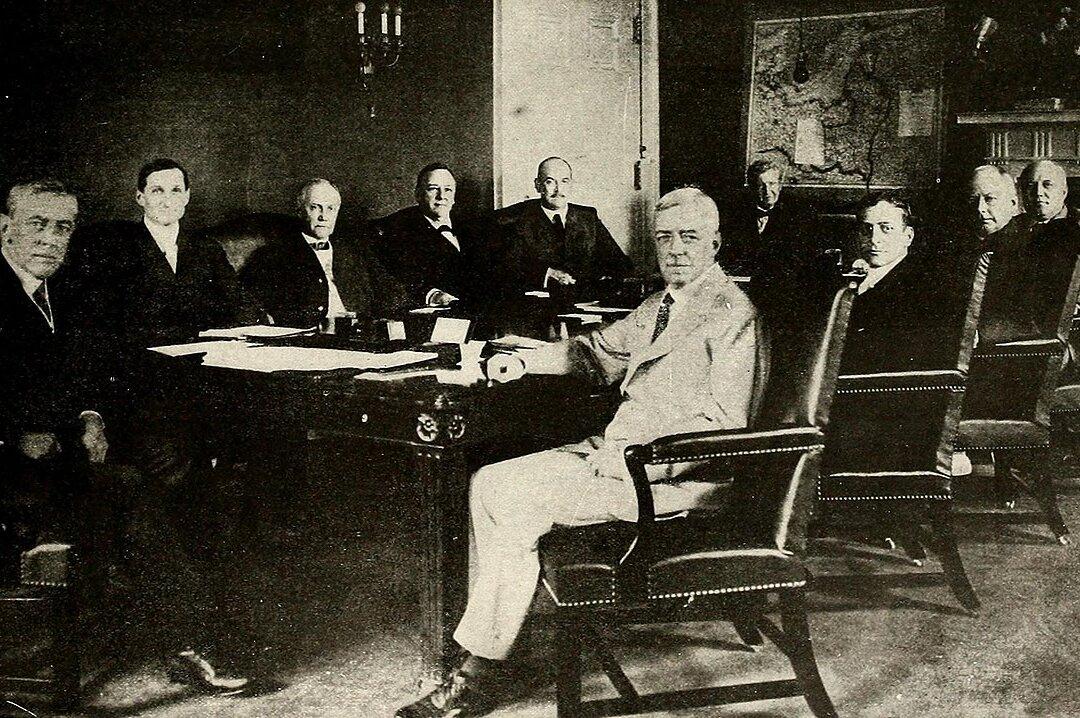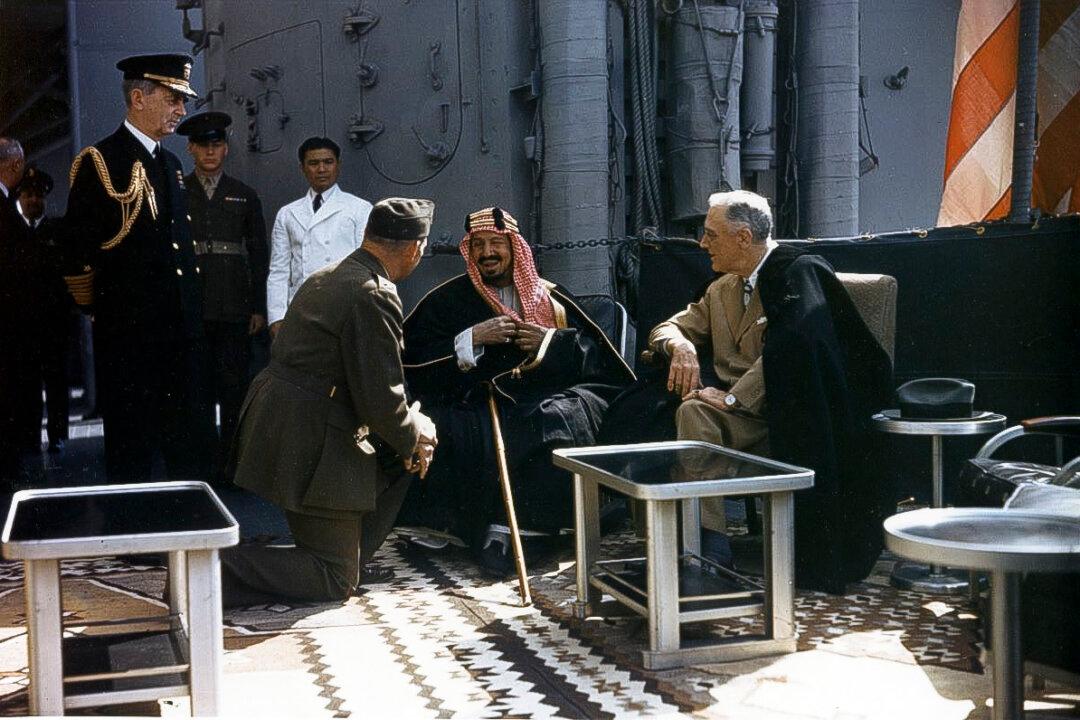The outbreak and aftermath of World War I is arguably the most significant period of the 20th and 21st centuries. By the end of the war, empires had fallen, new national boundaries were drawn, Russia was fundamentally changed, the precursor to the United Nations (the League of Nations) was created, new methods of warfare had been used to devastating effect, the fragile and ineffective peace treaty quickly fell apart, and as many predicted, the inconclusive War to End All Wars would result in a sequel. Among these many world-shaping factors was the involvement of the United States in the European conflict.
“Our decision to go to war in 1917 had a dramatic effect on the war itself and, of course, the actual course of the 20th century,” said Neil Lanctot, historian and author of “The Approaching Storm: Roosevelt, Wilson, Addams, and Their Clash Over America’s Future,” during an interview on the “The Sons of History“ podcast.






